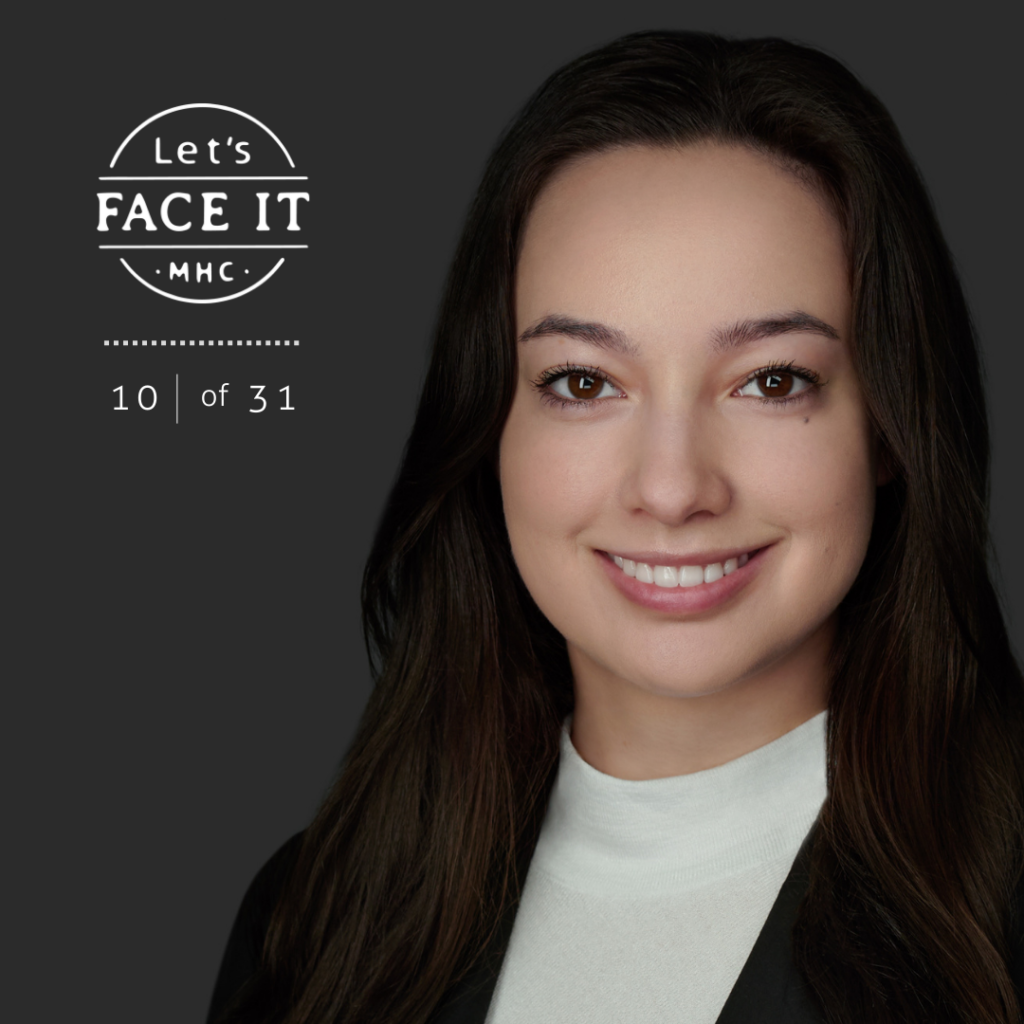 The COVID-19 pandemic has wreaked havoc on many people’s mental health as society has struggled with isolation, a sense of uncertainty about the future, and anxiety about the illness in general. And that’s just to name a few of the many ways in which the virus has likely changed us forever.
The COVID-19 pandemic has wreaked havoc on many people’s mental health as society has struggled with isolation, a sense of uncertainty about the future, and anxiety about the illness in general. And that’s just to name a few of the many ways in which the virus has likely changed us forever.
Megan Baker, an Asian American, lives with another negative impact of the pandemic—the stigma she faces from those who inaccurately and wrongly blame those who are Asian for the pandemic.
“A lot of the stigma I’ve faced is due to my ethnicity,” says the 24-year-old policy analyst for the state of Connecticut, “but the most palpable instance is from the outbreak of COVID and becoming cognizant of this additional sense of being ‘othered’ in a way and magnitude that never used to happen before. It’s severely impacted my mental health.
“I have a fear of my safety and for my family and for those who look like me and my community,” she adds. “It’s compounded by all the other isolating consequences of the pandemic itself. It’s twofold in your isolation.”
Although the emergence of the pandemic heightened, Baker’s experience with racism and stigma, wrestling with her ethnicity has been a lifelong struggle. “I have always existed in a biracial state,” she says, noting her mother is from the Philippines. “I was too white for the Asian families [she would associate with] and too Asian for my white friends. It was a dual identity I wrestled with a lot. I was never fully in one space. Coping with different expectations in different cultures is hard to navigate as you enter adulthood.”
“My name does not reflect my Asian heritage, but I’m Filipina, which has its own history, too,” she continues. “My experience in the Asian community is different from those of other Asian ethnicities.The Asian community is so fragmented. There are nuances that exist, which not a lot of people appreciate – the cultural intricacies in the lived experiences between Vietnamese, Korean, Chinese, Laotian, Nepalese, and the myriad of other Asian cultures.”
“In the pandemic I felt that tendency to revert behind my whiteness,” Baker adds. “Given recent prolific attacks against Asian Americans in public spaces, my grandmother was almost thankful I could pass as white; it greatly affected my mental health to feel as though I could not exist in every space simply as myself, having to play to one facet of my identity rather than who I am holistically.”
Baker gives just one example of the micro-aggressions she and others in her community can face. She was selling an item as she prepared to move. “I remember when they came to purchase it and saw me—it was the very beginning of the pandemic. They took a step back and said maybe we need to take a more thorough look at this item. They were being skeptical in terms of inspecting it in a way that they had not been concerned about before they saw me. It’s micro-instances like that.”
Still Baker remains hopeful about the future. “One of the things that came out of COVID is bringing the Asian American community together. This has galvanized the whole community. Asian Americans are coming together and overcoming their differences to protect each other.”
She is hopeful about potential change on the legislative level as well. Baker says a bill is being considered to create a Hate Crimes Investigative Unit within the state police to help better report hate crimes and provide additional resources. “We’re starting to see the emergence of these mechanisms to be proactive on the front end,” she says.
Last legislative session, Baker says a bill passed that focuses on teaching Asian American heritage in schools. “We can really use this [pandemic] and turn this struggle into something that can longitudinally benefit us all,” she says. “If it stays on that same trajectory, I’m hopeful we will find optimism and healing in that space.”
Each day in May, you will meet a new face and a new lived experience, because #LetsFaceIt there is no one-sized fits all when it comes to our wellbeing. View past posts here.
Looking for resources or support in CT but don’t know where to start? Contact MHC’s free Information & Referral line: https://www.mhconn.org/education/information.

